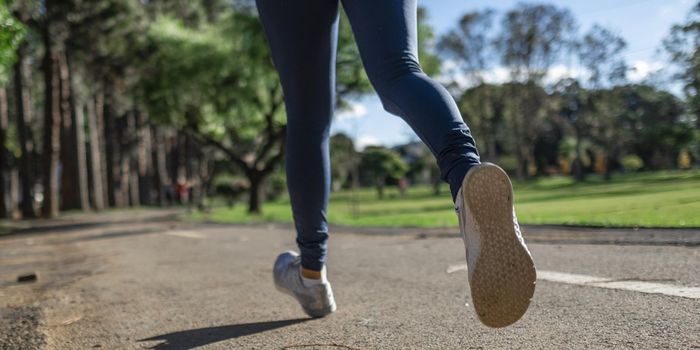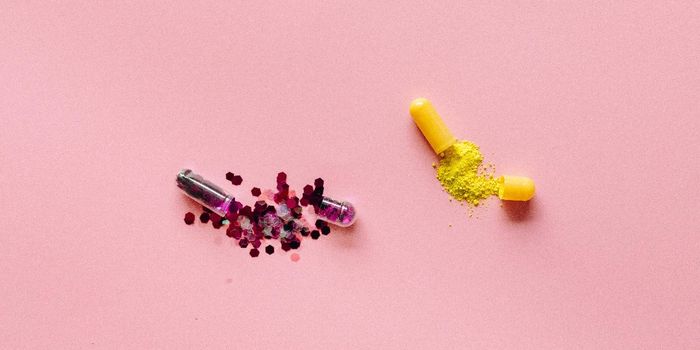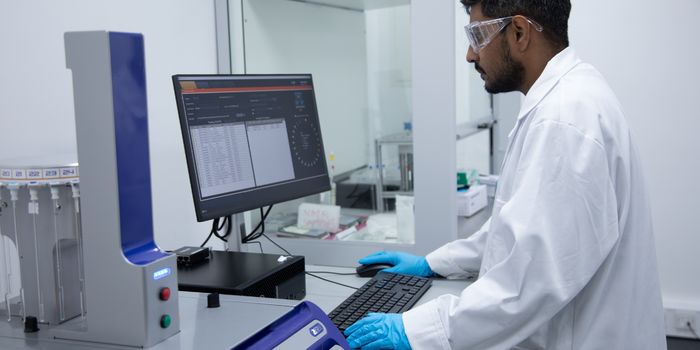Does Recreational Marijuana Out-of-Hours Affect Work Performance?

New research published in Group and Organizational Management suggests not. For their study the researchers, from San Diego State University, California and Auburn University, Alabama examined the relationship between three time-of-day related measures of cannabis consumption and five forms of workplace performance, using data from 281 employees and their direct supervisors.
The results showed that after-work cannabis use was not related either positively or negatively to any form of performance as rated by the user’s direct line managers.
On the other hand, where cannabis was used before or during work, this was bad news for work performance. It related negatively to task performance and organization-aimed citizenship behaviors, as well as creating some counterproductive work behaviors.
“The findings are obviously consequential for scholars and organizations who believe that all cannabis use negatively impacts workplace behaviors,” said lead author and management professor Dr. Jeremy Bernerth, in a statement. “Our research suggests there is no evidence that after-work usage compromises work performance as assessed by one’s direct supervisor.”
These results are similarly reassuring to those of a prior literature review, published in 2017 by the US National Academies of Sciences, Engineering, and Medicine, which concluded, “there is no or insufficient evidence to support … a statistical association between cannabis use and … occupational accidents or injuries.”
Indeed Bernerth suggests that after-hours cannabis use may even offer some work-related benefits, given it can help to reduce stress levels, and may help people regroup ready for the next day. “Since our study shows that off-the-job cannabis use has little to no impact on workplace performance, organizations will be hard-pressed to provide legally defensible justifications for the continuation of policies prohibiting all forms of cannabis use,” he added.
Sources: Sage Journals, Norml, San Diego State University








